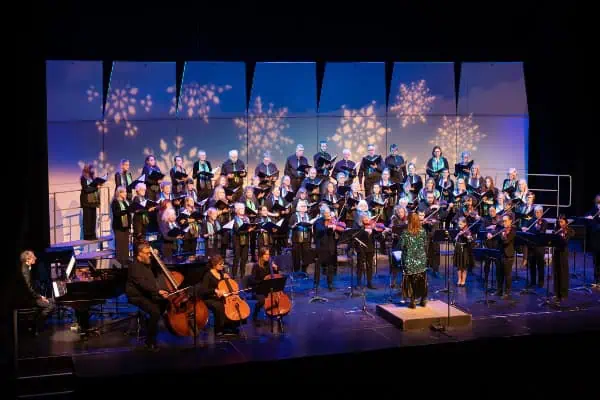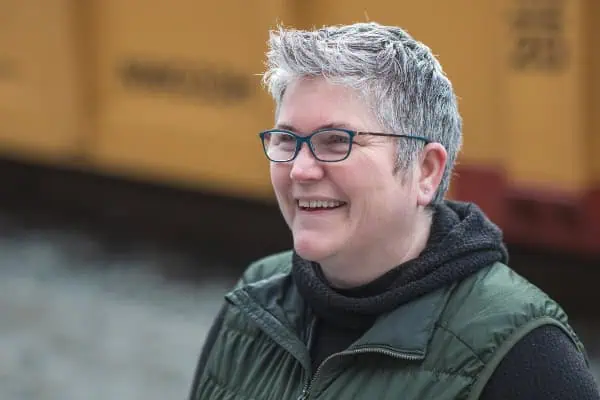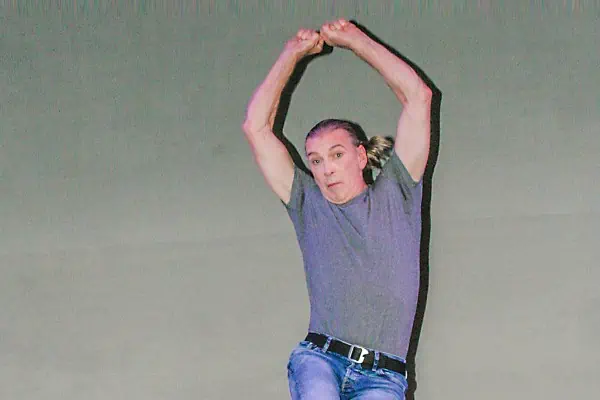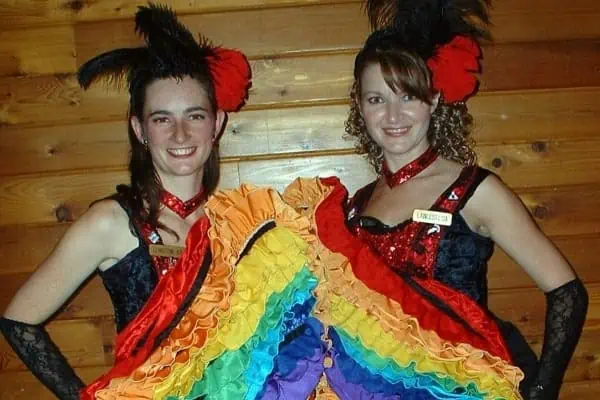This year’s Available Light Film Festival (ALFF) features a series of films draw audiences’ attention to the experiences of life in the Canadian Arctic and sub-Arctic regions. The North on Screen series comprises a third of the Yukon Film Society’s 14th Annual film festival, which runs Feb. 7 to 14 in Whitehorse.
Nunavut
Inuk filmmaker Zacharias Kunuk (Atanarjuat: The Fast Runner) returns to ALFF with Angirattut (Coming Home). Kunuk, who is based in the eastern Arctic community of Igloolik, Nunavut, documents Inuit knowledge, tradition and history through a restorative and healing journey: a group of Inuit elders and their families return to home sites on the land after being relocated to settlements more than 50 years ago.
Moving further north on Baffin Island to the Pond Inlet community, Quebec based director Christian Fournier explores the mysterious incident from 1943 when 25 people perished without explanation. Fournier’s 2015 film Nallua is told through two survivors, elders Ruth and Elicsapie, who journey back to their ancestral lands with their grandchildren, revisiting their history while looking to their culture’s future.
Northern British Columbia
This year’s opening gala film will be the world premiere from American documentary film icon Nettie Wild (A Place Called Chiapas) that is an homage to northwestern British Columbia. The new documentary, called Konelîne (Our Land Beautiful), is an impressionistic documentary about people’s relationship to the land in Tahltan First Nation country and their reflections on the industrial developments taking place in their backyard.
Moving East to the Peace River Regional District, Vancouver based filmmakers Fiona Rayher
and Damien Gillis follow Caleb Behn in Fractured Land. Behn is a young Dene lawyer who is already on his way to becoming one of this generation’s great leaders. His father is a devout environmentalist and residential-school survivor. His mother is an executive for the oil and gas industry in the Peace Region of northeastern British Columbia. His people, at the epicentre of some of the largest fracking operations on earth, are deeply divided
From the British Columbia islands formerly known as the Queen Charlotte Islands comes the 2015 film Haida Gwaii: On the Edge of the Word, which won Best Canadian Feature Documentary at the Canadian international documentary festival HotDocs 2015 in Toronto. Director Charles Wilkinson (Peace Out) brings us the beautifully photographed landscape of this island and the Haida Nation as they stand in the way of a proposed tar sands seaway to Asia.
Yukon
Whitehorse-filmmaker Allan Code’s Memory Trap: The Herd that Wouldn’t Disappear follows the Forty Mile Caribou Herd through the remote wilderness of North Yukon and Alaska, telling the story of how traditional knowledge and science saved the herd from near extinction.
Composer and filmmaker Daniel Janke present The Grubstake Remix, a unique cinema hybrid that crosses between the worlds of performance documentary and narrative fiction. The film blends the 1922 northwoods melodrama The Grub Stake (Nell Shipman) with a 5-piece ensemble playing a new music score and six actors performing voices for the on-screen characters in Shakespearean English and French.
Finally Max Fraser and Lulu Keating premiere their two-part drama-comedy Broke Down Dawson Town, which is a hilarious story about two young Atlantic Canadians who arrive in Dawson City broke but hopeful in search for gold. Fraser also presents his last film Bond of Strangers: The Operation Husky Story, which examines a determination to honour the sacrifice of Canadian soldiers during World War II by reclaiming lost history.
For a schedule of all of the films in the Available Light Film Festival 2016, including the films featured in the North on Screen Series, go to YukonFilmSociety.com.




